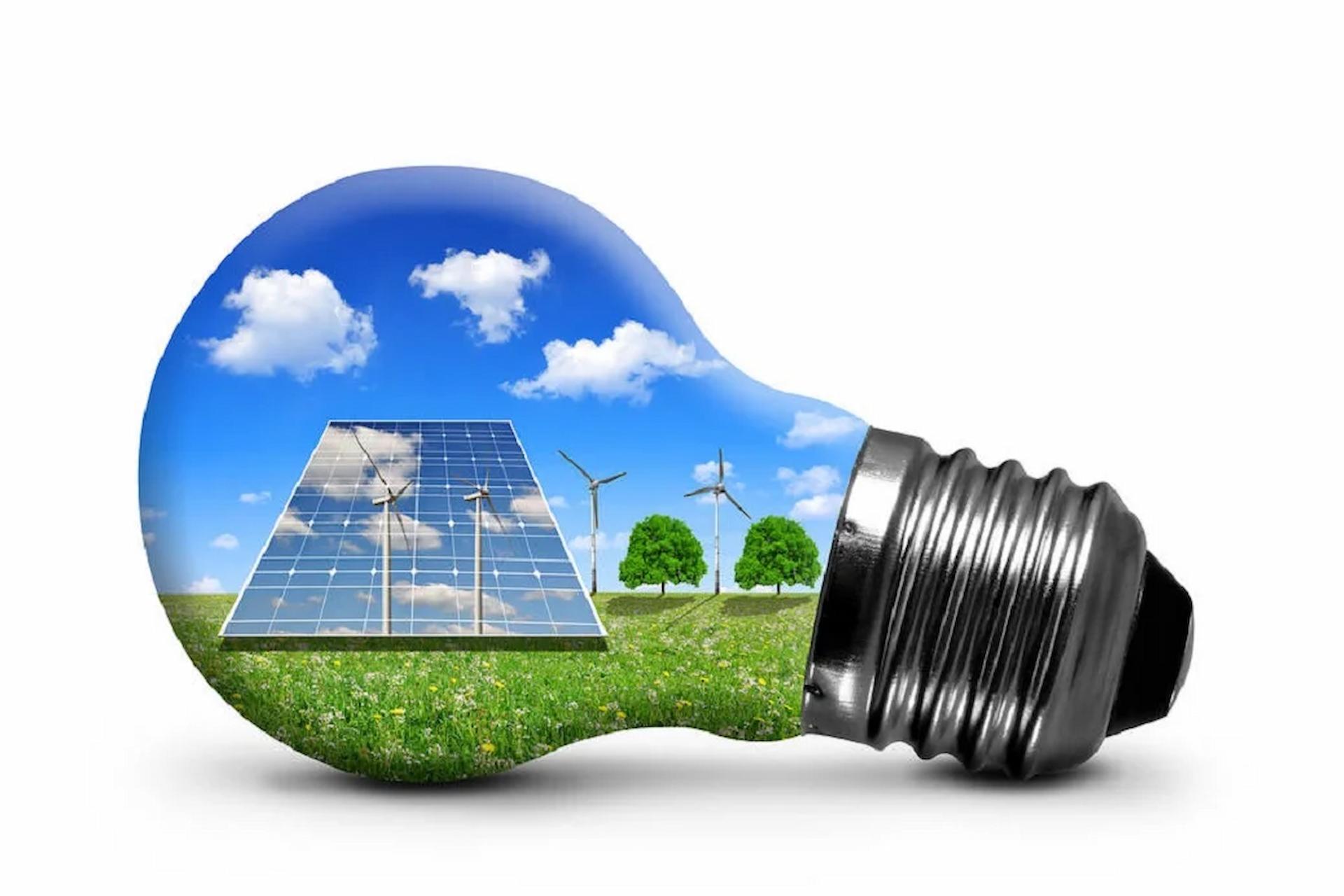
The majority of countries across the planet depend heavily on fossil fuels as sources of energy to power their economies, even today. Fossil fuels are non-renewable forms of energy like natural gas, coal, and oil. The experts at Green Energy Solutions mention that non-renewable energy basically involves the use of limited resources that will ultimately deplete over time, and thereby drive up overall energy costs. Hence, countries must step up and embrace renewable forms of energy like solar and wind.
Green Energy Solutions sheds light on the prime advantages of renewable energy
Climate change has become a huge concern for people across the world. Replacing fossil fuel-based energy with its renewable counterparts would go a long way in reducing carbon dioxide and other greenhouse gas emissions, thus mitigating the impacts of climate change. Renewable energy offers a multitude of advantages, and is known to be crucial components in the transition to a sustainable and low-carbon future. Here are some of its prime advantages are:
Fuel supply that never runs out: Much like its name suggests, renewable energy is created from sources that can be replenished naturally. These sources include water, wind, sunlight, and even geothermal heat. As opposed to mining of coal, oil, and natural gas which requires an extensive network of pipelines, processing stations, and heavy machinery, renewable energy sources are able to convert natural resources in to electricity directly. While fossil fuels are becoming harder and more expensive to source with time, and often involve the destruction of natural habitats, renewable energy never runs out.
Zero carbon emissions: Among the biggest advantage of renewable energy is that no greenhouse gasses or other pollutants tend to be created in the process. While power plants might create around 2.2 pounds of CO2 for every kilowatt-hour of electricity, wind turbines, and solar power create none at all. As nations try their best to embrace de-carbonization and make use of energy sources that do not contribute to climate change, renewable energy sources provide emission-free energy that can be used for a variety of purposes.
Cleaner air and water: Burning fossil fuels for electricity generation causes way more damage than making the climate warmer. It also contaminates the water people drink and the air they breathe in. For instance, coal power stations do release high volumes of carbon dioxide (CO2) and nitrous oxide (N2O) into the atmosphere directly. They are two of the most potent greenhouse gases. Electricity generation with fossil fuels may also contaminate waterways. On the flip side, renewable energy does not create any such pollution, waste, or contamination risks to air and water.
The Green Energy Solutions team stresses upon the many benefits of renewable energy, like cleaner air, lower carbon emissions, the conservation of natural resources, and substantial long-term savings, while encouraging people to embrace this form of energy generation. Renewable energy even provides opportunities for rural development and improved energy access in remote areas. Off-grid renewable energy systems can provide electricity to communities without access to centralized grids.
